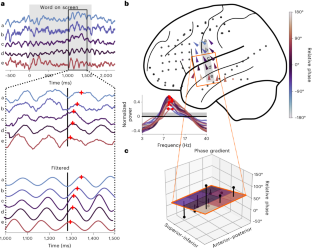2024-03-07 ミュンヘン大学(LMU)
<関連情報>
- https://www.lmu.de/en/newsroom/news-overview/news/immunology-good-sleep-stimulates-the-immune-system.html
- https://www.sciencedirect.com/science/article/pii/S0889159124002575?via%3Dihub
睡眠はヒトにおいて成長ホルモンとプロラクチンのシグナル伝達を介してCCL19へのT細胞移動を促進する Sleep promotes T-cell migration towards CCL19 via growth hormone and prolactin signaling in humans
Estefanía Martínez-Albert, Nicolas D. Lutz, Robert Hübener, Stoyan Dimitrov, Tanja Lange, Jan Born, Luciana Besedovsky
Brain, Behavior, and Immunity Available online:16 February 2024
DOI:https://doi.org/10.1016/j.bbi.2024.02.021

Highlights
•Sleep enhances the migratory potential of T cells to lymph nodes in healthy humans.
•Plasma from sleeping participants mimics the effects of sleep on T-cell migration.
•Growth hormone and prolactin are the main hormonal mediators of this sleep effect.
•These findings may explain adjuvant-like effects of sleep on vaccination responses.
Abstract
Sleep strongly supports the formation of adaptive immunity, e.g., after vaccination. However, the underlying mechanisms remain largely obscure. Here we show in healthy humans that sleep compared to nocturnal wakefulness specifically promotes the migration of various T-cell subsets towards the chemokine CCL19, which is essential for lymph-node homing and, thus, for the initiation and maintenance of adaptive immune responses. Migration towards the inflammatory chemokine CCL5 remained unaffected. Incubating the cells with plasma from sleeping participants likewise increased CCL19-directed migration, an effect that was dependent on growth hormone and prolactin signaling. These findings show that sleep selectively promotes the lymph node homing potential of T cells by increasing hormonal release, and thus reveal a causal mechanism underlying the supporting effect of sleep on adaptive immunity in humans.


